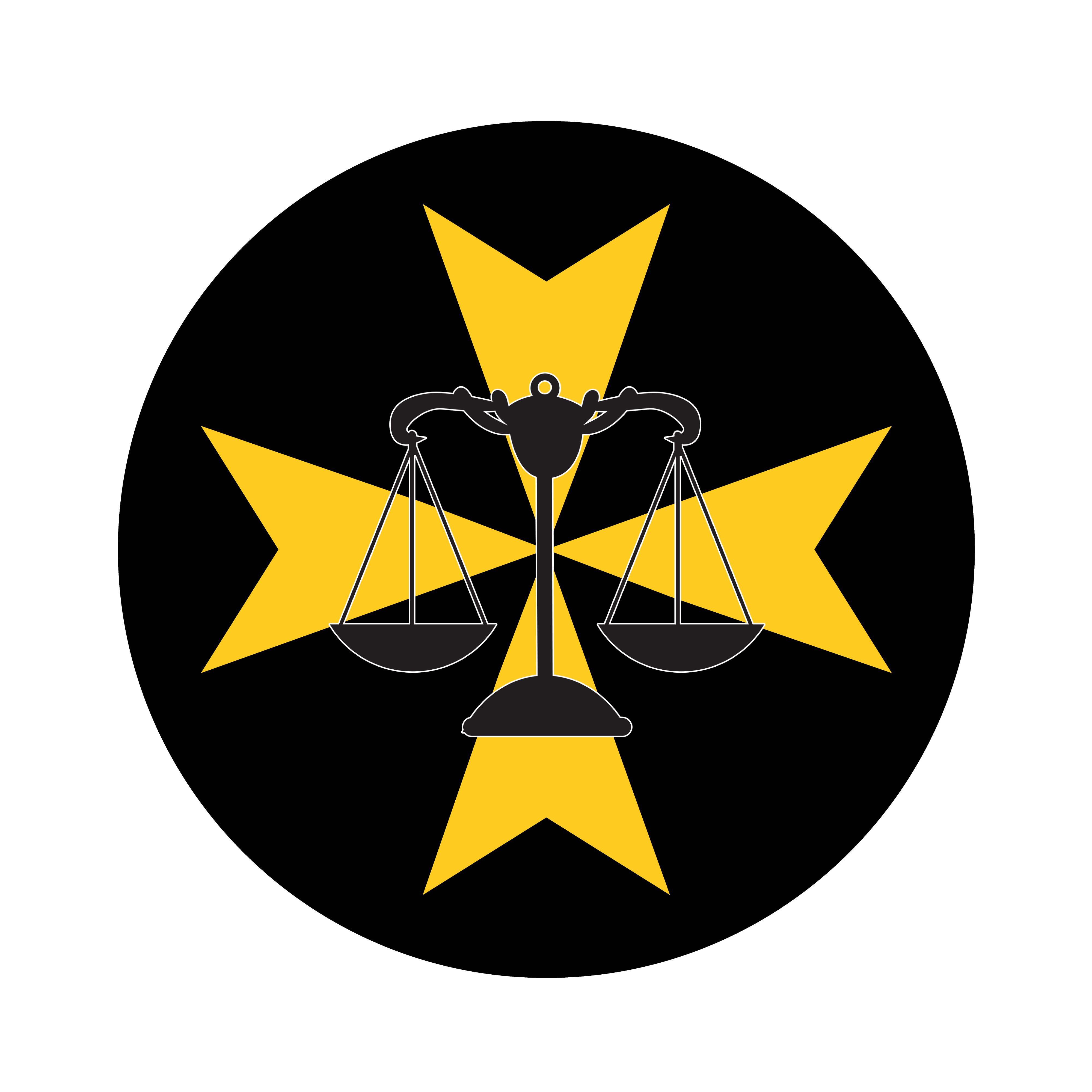Code of Ethics
The Code of Ethics for Members of the Judiciary was drawn up by the Commission for the Administration of Justice in terms of paragraph (d) of sub-article (11) of Article 101A of the Constitution of Malta. As stated in the preamble:
“The aim of this codification is for members of the Judiciary to have a Code of Ethics regulating their conduct and providing them with guidelines that expressly confirm the values they have always adhered to. These values are being brought to the notice of the public so as to strengthen trust in the administration of Justice.
“This trust cannot be maintained and reinforced if members of the Judiciary do not conform to this Code and if they fail to observe the highest standards of correct ethical behaviour, and if the State does not ensure that the Judiciary has at its disposal all the necessary means and resources to enable it to carry out its duties efficiently and within a reasonable time.”
In May 2004, the Commission for the Administration of Justice approved some amendments to the Code as originally published. One of these amendments is new Rule 29, which provides that the Chief Justice shall recommend for the approval of the Commission guidelines for members of the Judiciary for the purpose of clarifying how the rules contained in the Code, or some of them, may apply to concrete cases, and to ensure, as far as possible, uniformity in the implementation of the said rules. Such guidelines were approved by the Commission on the 8 June 2008, and are now an integral part of the Code. Similar and more elaborate guidelines are contained in the Commentary on the Bangalore Principles of Judicial Conduct.
A COMMENTARY ON THE BANGALORE PRINCIPLES OF JUDICIAL CONDUCT
The Bangalore Principles of Judicial Conduct are principles intended to establish standards of ethical conduct for members of the judiciary. It is up to the judiciary of each jurisdiction to give concrete and practical implementation to the principles. These principles were developed by a group of senior Judges formed in 2000 and known as the Judicial Group on Strengthening Judicial Integrity. In 2002 the principles were adopted at a roundtable meeting of Chief Justices held at the Hague. The Bangalore Principles draw their name from the city in India where the drafting process first began. The strength of these principles lies in the fact that they were formulated by Judges, from their own experience, and are specifically intended for use by members of the judiciary. The principles identify six core values of the judiciary: independence, impartiality, integrity, propriety, equality, and competence and diligence.
Download Commentary on the Bangalore Principles of Judicial Conduct

